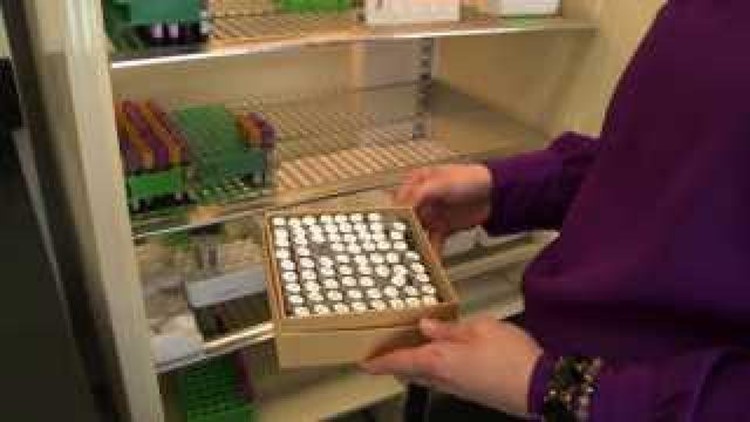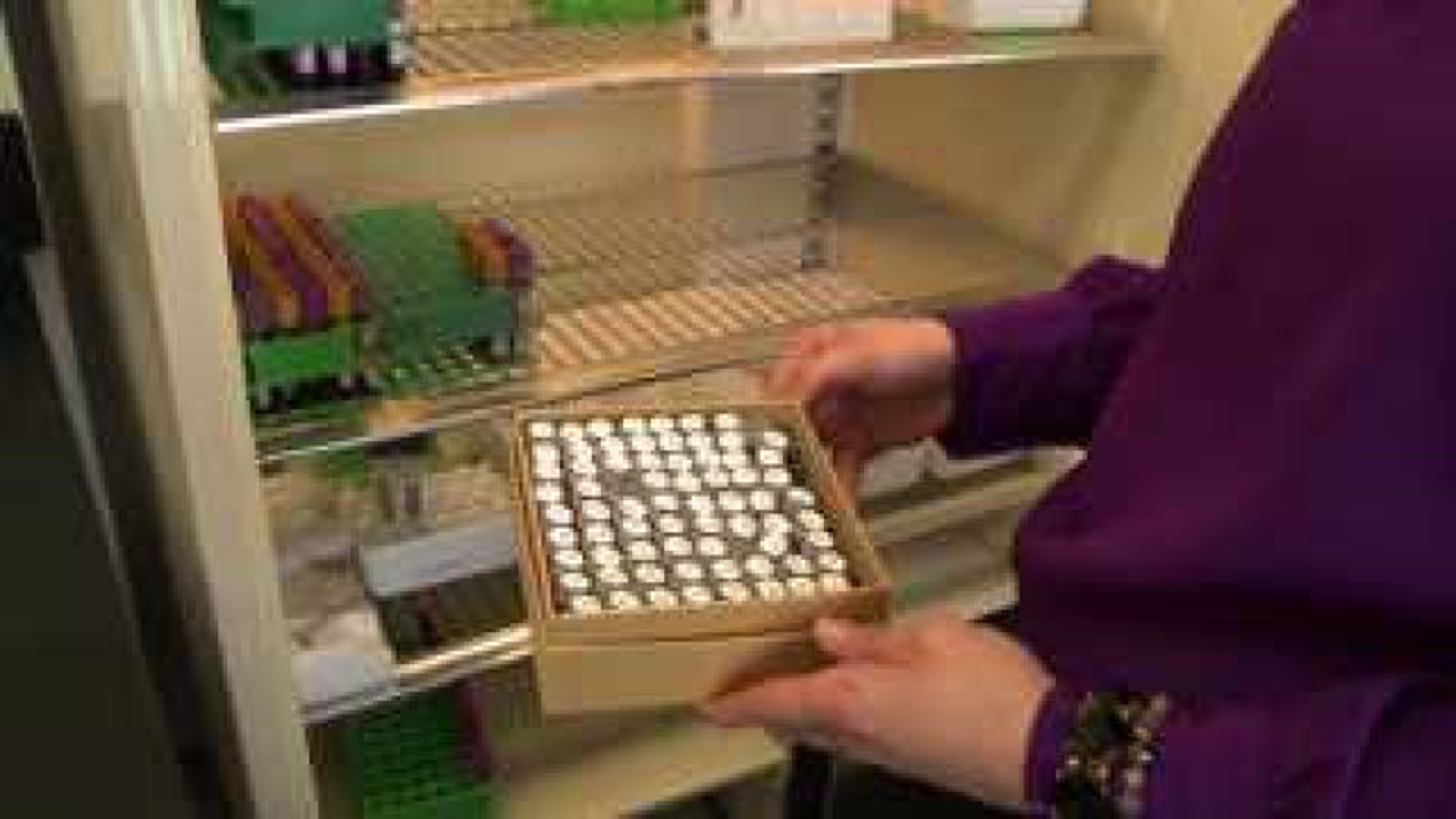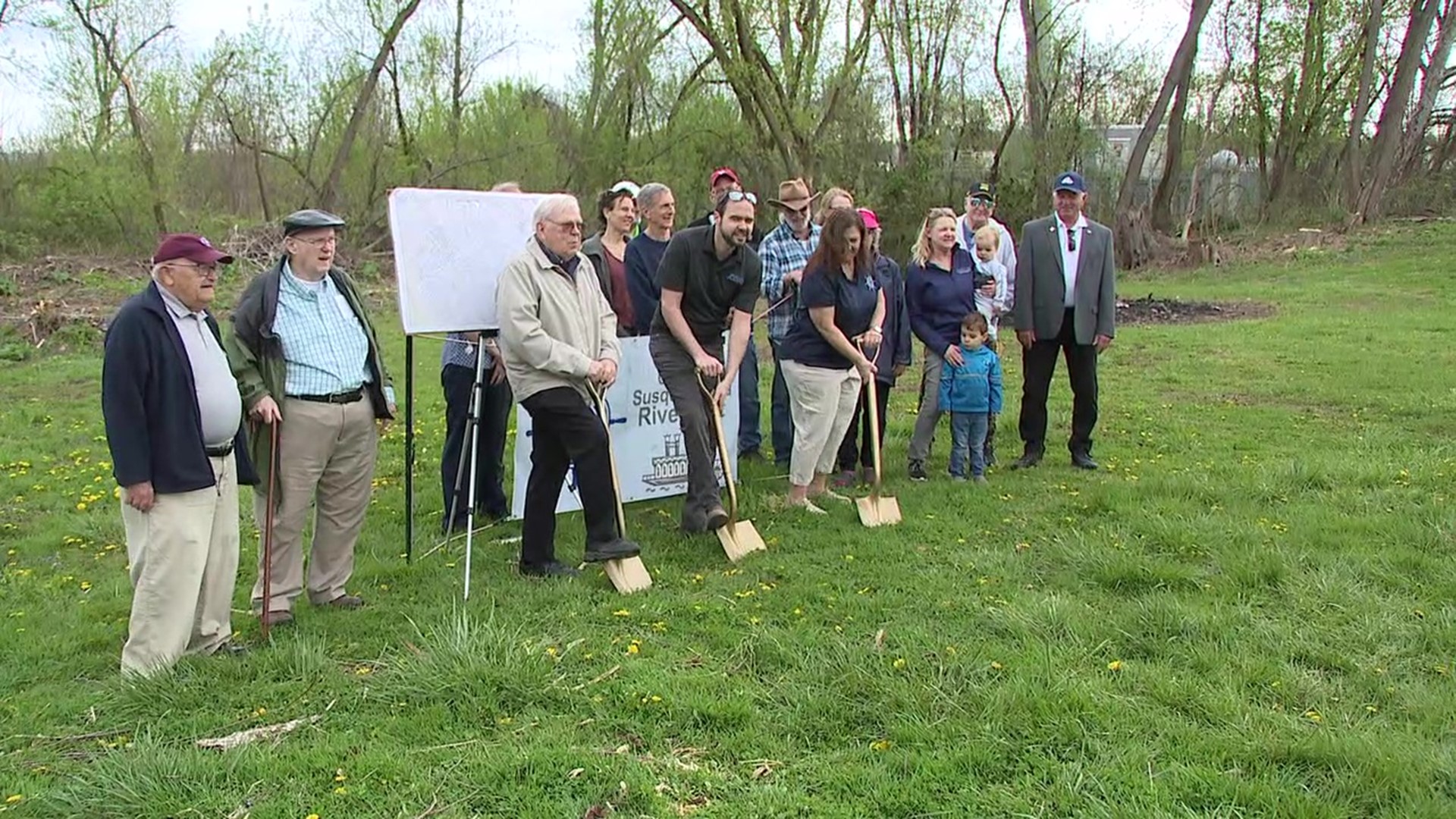Geisinger, in a major collaboration with a pharmaceutical company, is embarking on a long-term, large-scale project to study the genetics of disease right here in Northeastern and Central Pennsylvania.
The human genome is a complete set of genetic information that lives in each one of us, information that is carried in our DNA. The world's brightest scientists have been studying it for years. Now researchers at Geisinger are taking it on.
"Here's something that rural Pennsylvania can participate in. We can move medicine forward together," said Andy Faucett. He works in the office of the Chief Scientific Officer at Geisinger Medical Center, Dr. David Ledbetter. The two met with Newswatch 16 to talk about a sweeping project Geisinger is undertaking called My Code.
"This project will allow us to determine the genomic profile of 100,000 of our patients, to then do research and investigate how to optimize health and well-being of our patients and their family members," said Dr. Ledbetter.
They say nobody in the United States has even started a project on this scale.
Here'w how it works: Geisinger patients who consent give a blood sample, whenever they need routine bloodwork and they're at the lab anyway. Researchers from a company called Regeneron Pharmaceuticals then take that blood and extract and store DNA samples in a bio-bank on Geisinger's campus. The data is de-identified, so that researchers don't know whose sample is whose.
Ann Mooney and Adam Burns are both on the front lines of the project. They are research consenters who talk with patients.
"So we make it as user-friendly as possible. No additional visits, no additional needle stick, no cost to you or your insurance company whatsoever," said Mooney.
"I get a lot of patients who are real positive about it, because it could help them in the future," Burns told us.
And although many of the project's benefits may only be seen long-term, a small percentage of patients will get results back sooner, if for instance a doctor sees that your genomic profile suggests you have a higher risk of developing heart disease or cancer.
"Most of medicine now is, we wait until you're ill, then we figure out why you're ill and we try and make you feel better. With genetics we'll have more opportunities to do prevention," Andy Faucett explained.
Geisinger has been recruiting patients for the project since 2006, but officials announced it just a few months ago, in January. Already 45,000 patients have been consented and are participating in the project. It's funded to recruit another 100,000 more.




